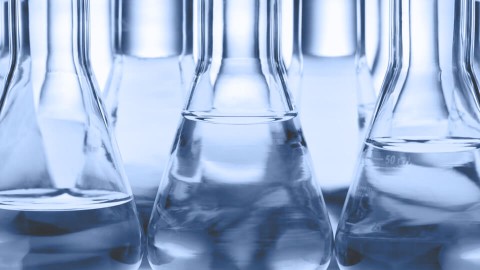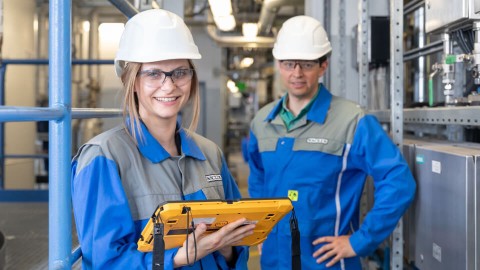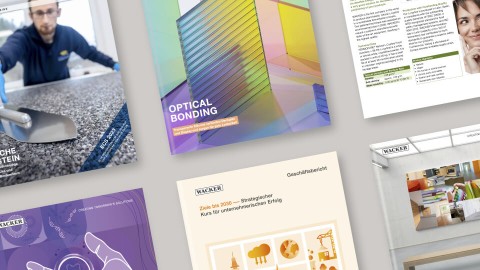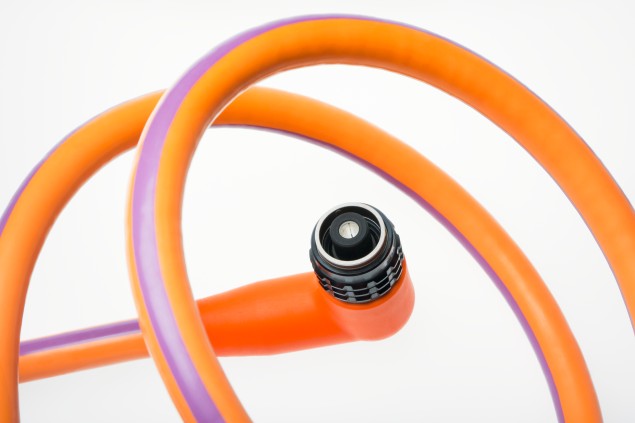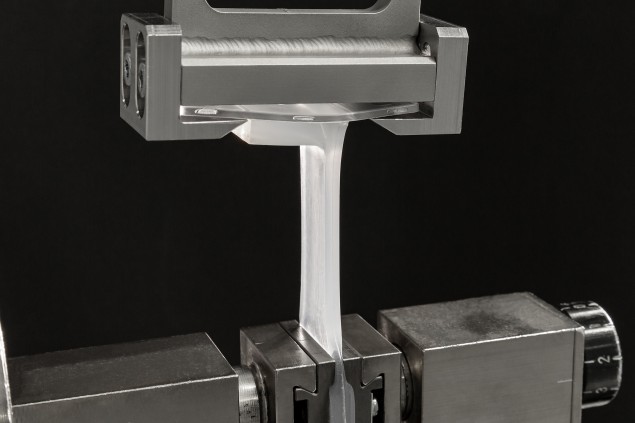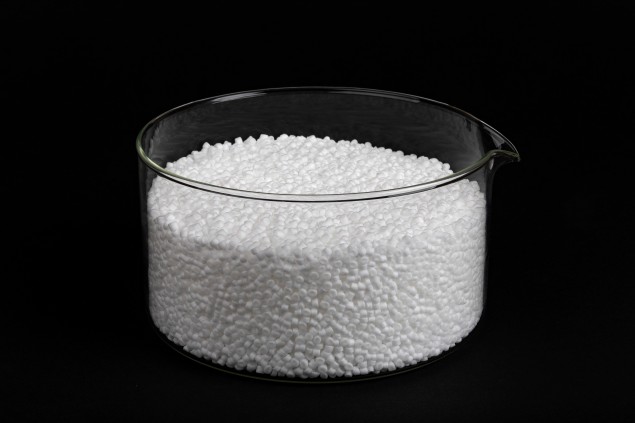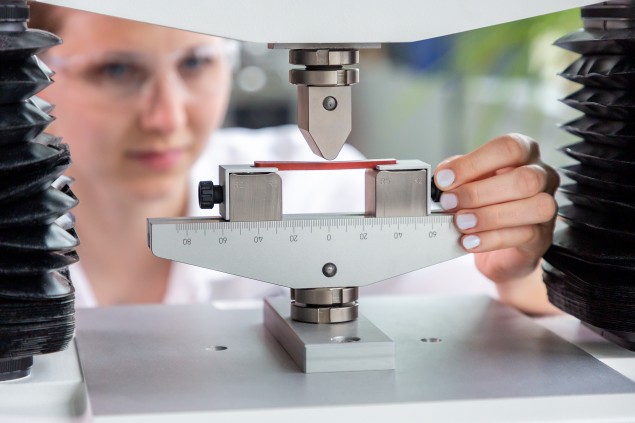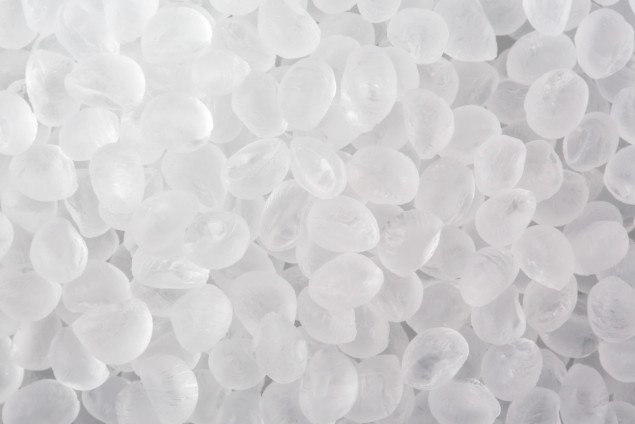At K 2022, WACKER will be welcoming tradeshow visitors at its usual spot – Hall 6, Booth A10. Sporting the motto “Thinking Beyond”, WACKER’s 300-square-meter tradeshow booth will once again showcase numerous product innovations from the WACKER SILICONES and WACKER POLYMERS business divisions: biomethanol-based silicone rubber grades; self-adhesive silicones for hard/ soft combinations made of polycarbonate; silicone resins for the manufacture of molded parts that remain stable at high temperatures; and silicone-based additives for polyethylene molding compounds. Also celebrating their premiere this year will be new additive masterbatches made of vinyl acetate-based polymer resins for modifying biodegradable polyesters, and polymer binders produced using a climate-friendly method that conserves resources with the aid of renewable acetic acid.
Sustainability and circular economy are among the core topics covered by WACKER at the tradeshow. In both areas, the Group’s silicone products and polymer binders are contributing significantly to the development of innovative and sustainable technologies. For example, thanks to its heat resistance and its electrical insulation properties, silicone rubber is essential for electromobility. Only silicones can deliver the high standards of performance needed for the insulation of high-voltage cables, enhanced fire-safety concepts in electric-vehicle batteries, and heat-conducting bonded joints.
Silicone additives and polymer binders, for their part, improve the processing of biopolymers and their material properties. “Whether wind power and photovoltaics, consumer electronics or electromobility: silicones are enablers that are irreplaceable in many key industries when it comes to the development of sustainable technologies,” emphasizes Robert Gnann, President of WACKER SILICONES. “At the K 2022 plastics tradeshow, we will clearly demonstrate the innovation potential that our products can offer to the industry.”
Since many processors now rely on silicone rubber to realize sophisticated applications, demand for the high-tech material is continuously rising. WACKER is investing more than €100 million in the expansion of existing production capacities over the coming years. These investments will particularly focus on high-value specialty silicone grades. “By globally expanding our solid and liquid silicone rubber production setup, we want to offer the best possible support to key sectors such as energy, automotive and medical, which depend on high-value materials like silicones,” emphasizes Christian Gimber, head of WACKER’s Engineering Silicones business unit.
While LSR customers are already benefiting from additional volumes – made available at WACKER’s Burghausen site this year –, processors of high consistency silicone rubber (HCR) grades must have a little more patience. “While our competitors are gradually withdrawing from the manufacture of such silicone products, we have a clear goal: going forward, we want to become the leading supplier of HCR in terms of volume, too. This is one of the messages we will be bringing to K 2022 ,” says Gimber.
